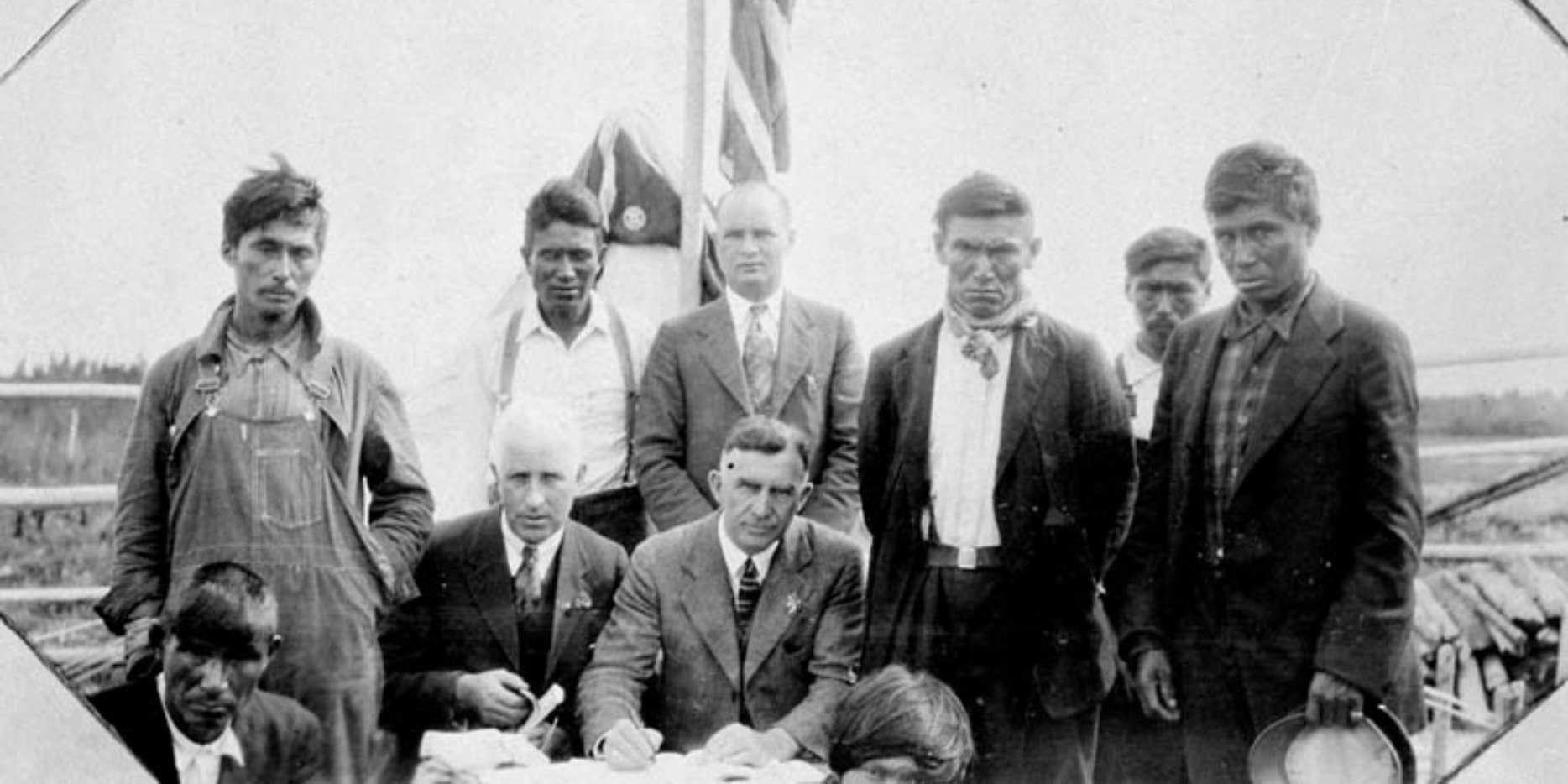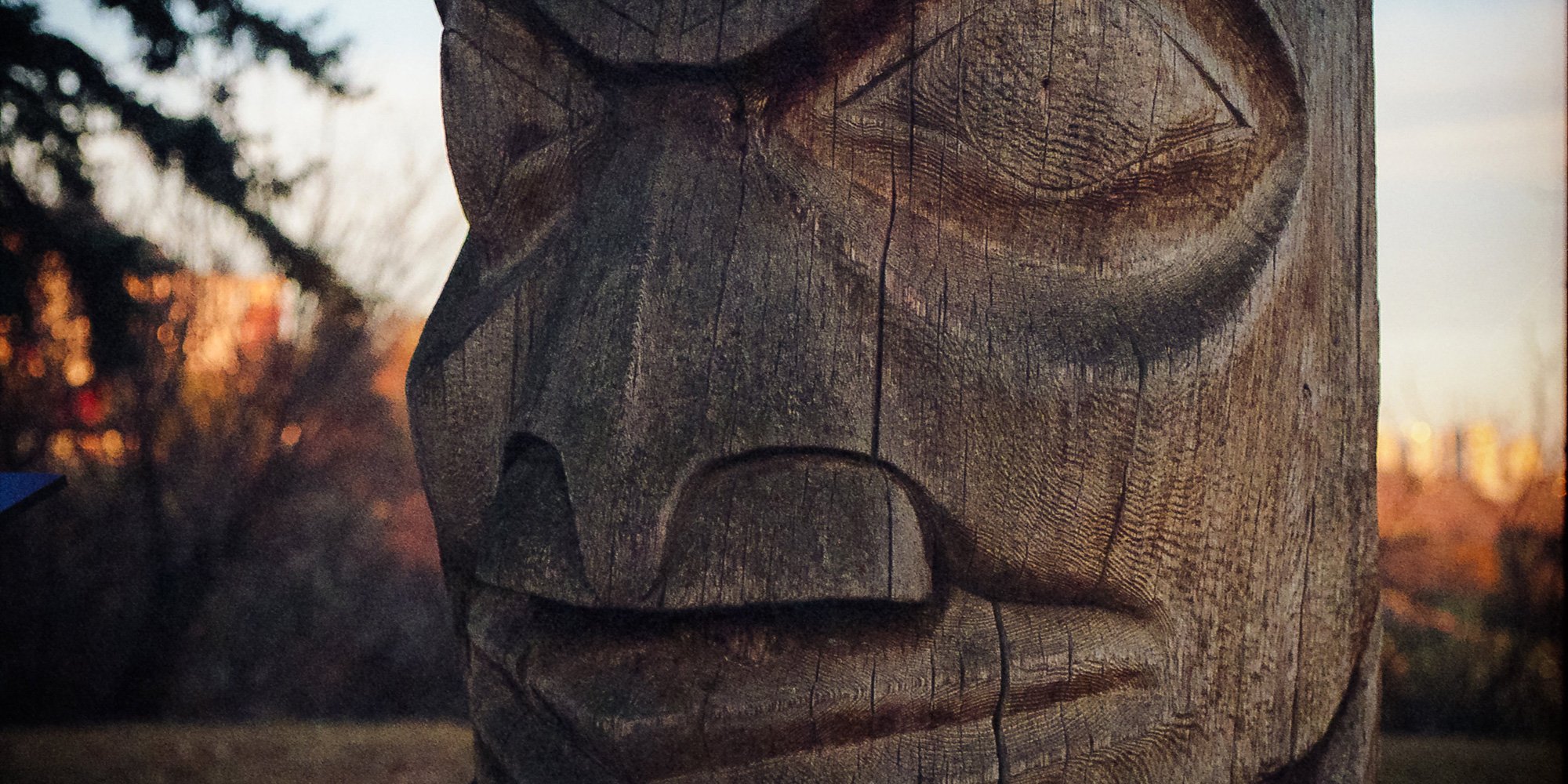Communications with Indigenous Leaders - Letter Writing Tips
When communicating cross-culturally there are certain sensitivities around the language used in the letter and expectations placed on the recipient...

Definition: Chief (n.)
c. 1300, "head, leader, captain; the principal or most important part of anything;" from Old French chief "leader, ruler, head" of something, "capital city" (10c., Modern French chef), from Vulgar Latin *capum, from Latin caput "head," also "leader, chief person; summit; capital city" (from PIE root *kaput- "head"). Meaning "head of a clan" is from 1570s; later extended to American Indian tribes. Commander-in-chief attested from 1660s. [1]
In October 2017 a school district board in Ontario passed a motion to remove “chief” from all job titles out of respect for Indigenous communities. The action was, according to a school district spokesperson, a proactive step toward reconciliation. There was a mixed reaction to the move but the most common response, from both Indigenous and non-Indigenous people, was confusion.
What I found interesting is that the articles I read on the topic overlooked an obvious aspect that should have arisen as part of the discussion. Namely that “chief” is a European title. As explained in the definition above, the term was applied to American Indians. It is not an Indigenous word. How would the numerous specific cultures spread out across the vast landscape of what is now known as North America share a common term for their leader?
In Canada, usage of "chief" was cemented in the 1869 An Act for the Gradual Enfranchisement of Indians, the Better Management of Indian Affairs, and to Extend the Provisions of the Act, which was a precursor Act to the Indian Act. This Act enforced elected leadership and marked the beginning of the assault on traditional leadership structures. The Act sidelined the hereditary chiefs by undermining their authority.
Not that elected chiefs were given much authority under the 1869 Act:
12. The Chief or Chiefs of any Tribe in Council may frame, subject to confirmation by the Governor in Council, rules and regulations for the following subjects, viz :
- The care of the public health.
- The observance of order and decorum at assemblies of the people in General Council, or on other occasions.
- The repression of intemperance and profligacy.
- The prevention of trespass by cattle.
- The maintenance of roads, bridges, ditches and fences.
- The construction of and maintaining in repair of school houses, council houses and other Indian public buildings.
- The establishment of pounds and the appointment of pound-keepers." [2]
Former Justice Minister Jody Wilson-Raybould put the country on notice that dismantling the Indian Act is in our future, which will open the door to a return to self-government for Indigenous nations, will there be a return to traditional terms for Indigenous leaders? Interesting and exciting times ahead!
[1] online etymology dictionary http://www.etymonline.com/word/chief
[2] An Act for the Gradual Enfranchisement of Indians, the Better Management of Indian Affairs, and to Extend the Provisions of the Act, Chapter 42. [Assented to 22nd June 1869.]
Featured photo: Shutterstock

When communicating cross-culturally there are certain sensitivities around the language used in the letter and expectations placed on the recipient...

We have received requests to provide a description of the difference between historic and modern treaties. This article attempts to answer the...

“Which is correct? Indigenous or Aboriginal” is a frequently asked question for us at Indigenous Corporate Training Inc. The federal government’s...